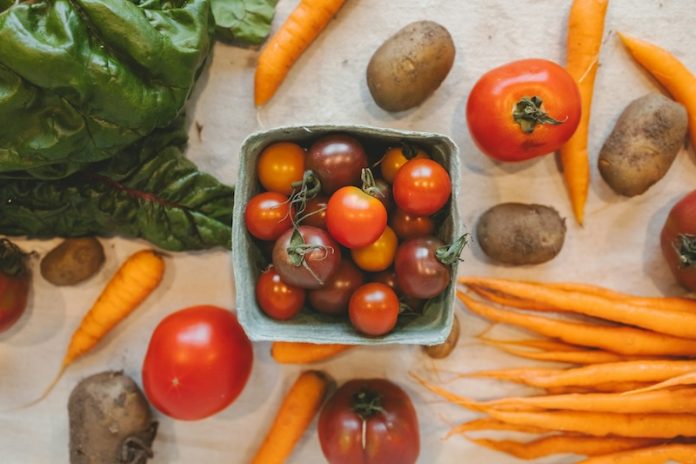
In the fight against cancer, what you put on your plate matters more than you might think. While no single food can prevent cancer on its own, a diet rich in certain foods can help lower the risk of developing this complex disease.
Research into the relationship between diet and cancer has identified a variety of foods that, when consumed regularly, may offer protective benefits. Here’s a look at 12 cancer-fighting foods backed by science, presented in clear, simple terms.
- Leafy Green Vegetables Kale, spinach, and other leafy greens are packed with antioxidants, fiber, and carotenoids. These components help protect against certain types of cancers by removing harmful agents from the body and boosting the immune system.
- Berries Berries such as strawberries, blueberries, and raspberries are rich in vitamins, minerals, and antioxidants, particularly vitamin C and anthocyanin. These substances can help prevent the development of cancer by reducing inflammation and cellular damage.
- Tomatoes Tomatoes are a great source of lycopene, an antioxidant that gives them their red color. Studies suggest that lycopene may reduce the risk of prostate cancer by preventing tumor development.
- Cruciferous Vegetables Broccoli, cauliflower, and Brussels sprouts, known as cruciferous vegetables, contain sulforaphane and indoles. These compounds have been shown to halt the growth of cancer cells in breast, cervical, liver, and prostate cancers.
- Garlic The active compound in garlic, allicin, has been linked to cancer prevention. Research indicates that garlic can inhibit the growth of bacteria and cancer cells in the stomach, colon, esophagus, and pancreas.
- Ginger Ginger, with its active component gingerol, has anti-inflammatory and antioxidant properties. It’s been found to be effective in reducing the growth of cancer cells in ovarian, prostate, and pancreatic cancers.
- Turmeric Curcumin, found in turmeric, is a powerful antioxidant. It’s been extensively studied for its potential to reduce cancer cell growth and prevent tumor formation, particularly in colon cancer.
- Green Tea Green tea is loaded with catechins, antioxidants that can prevent cell damage and reduce the growth of cancer cells, especially in breast and prostate cancers.
- Grapes The skin of grapes contains resveratrol, an antioxidant linked to cancer prevention. Resveratrol can inhibit cancer cell growth and spread, particularly in skin, liver, and breast cancer.
- Whole Grains Whole grains like brown rice, barley, and whole wheat contain fiber, which helps reduce the risk of colorectal cancer by aiding in digestion and preventing constipation.
- Nuts and Seeds Flaxseeds and walnuts are high in omega-3 fatty acids and fiber, offering protective effects against cancer. Flaxseed, in particular, has been shown to reduce tumor growth in breast cancer.
- Citrus Fruits Oranges, lemons, and grapefruits are high in vitamin C and flavonoids. These nutrients can help prevent cancer by protecting the body from free radical damage.
Incorporating These Foods Into Your Diet
Adopting a diet rich in these foods can be a delicious and nutritious way to boost your health and potentially reduce your cancer risk.
However, it’s important to remember that diet is just one aspect of cancer prevention. A healthy lifestyle, including regular exercise, not smoking, and limiting alcohol, plays a critical role in reducing cancer risk.
Conclusion
While no diet can guarantee cancer prevention, incorporating these 12 foods into your eating habits can contribute to a healthier lifestyle that may lower your risk of developing cancer.
As research continues to evolve, the connection between diet and cancer prevention becomes increasingly clear, offering hope and empowerment through the choices we make at the dining table.
If you care about cancer, please read studies about a new method to treat cancer effectively, and this low-dose, four-drug combo may block cancer spread.
For more information about cancer prevention, please see recent studies about nutrient in fish that can be a poison for cancer, and results showing this daily vitamin is critical to cancer prevention.
Copyright © 2024 Knowridge Science Report. All rights reserved.



